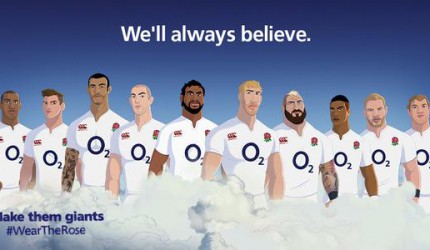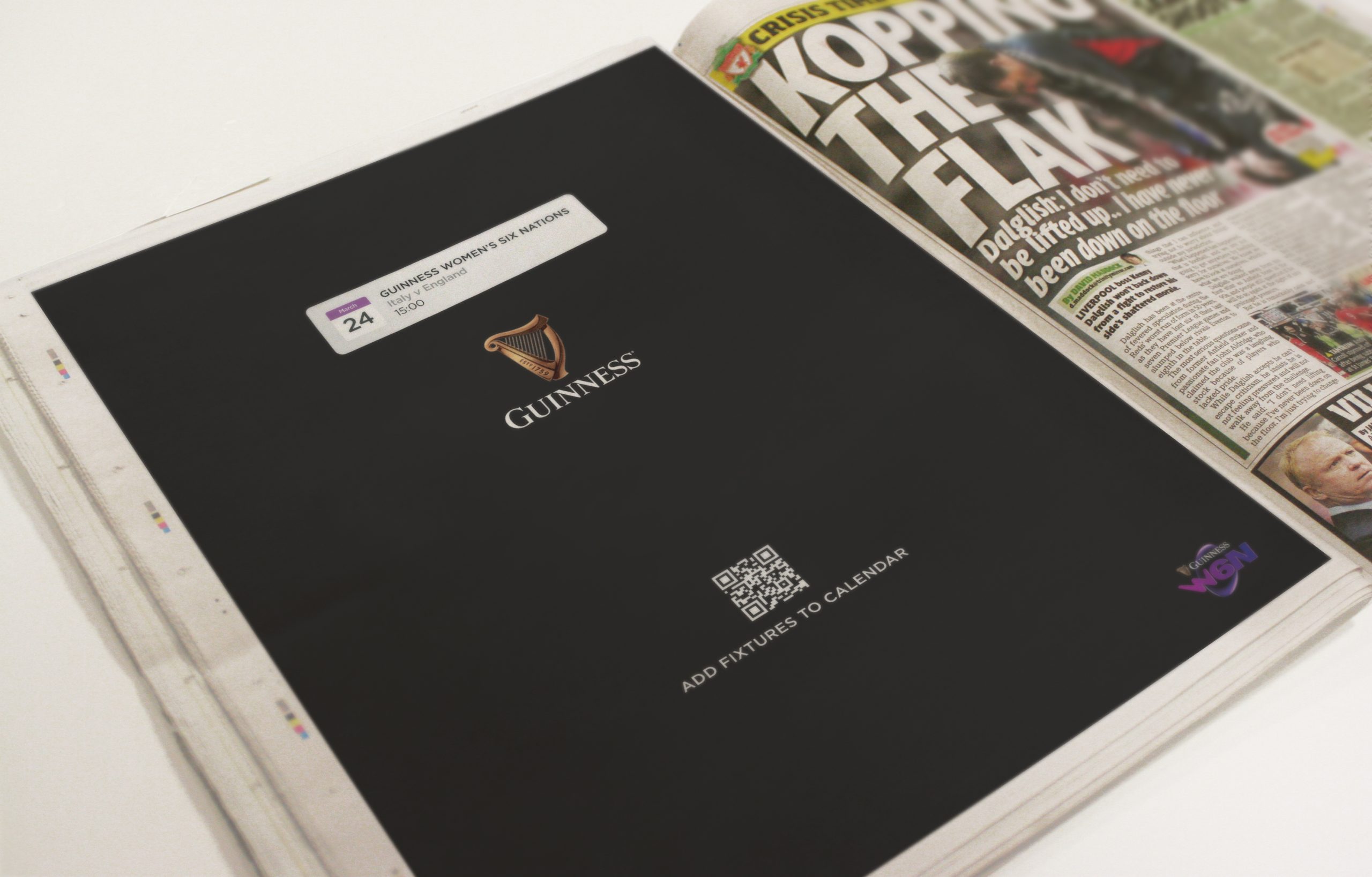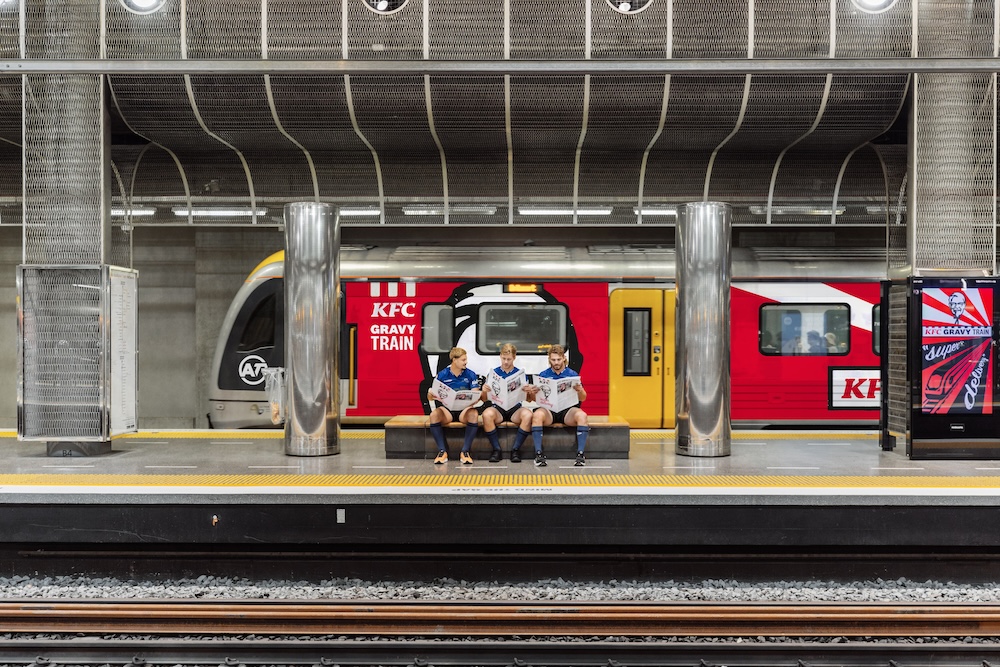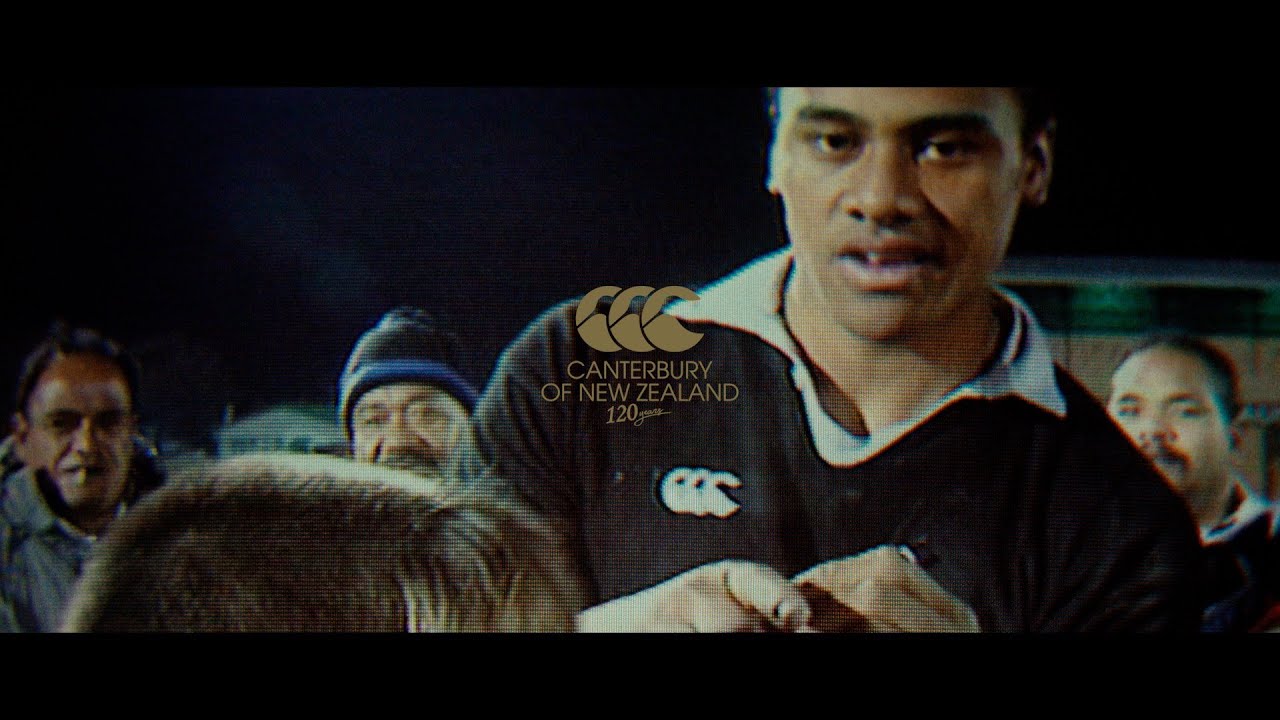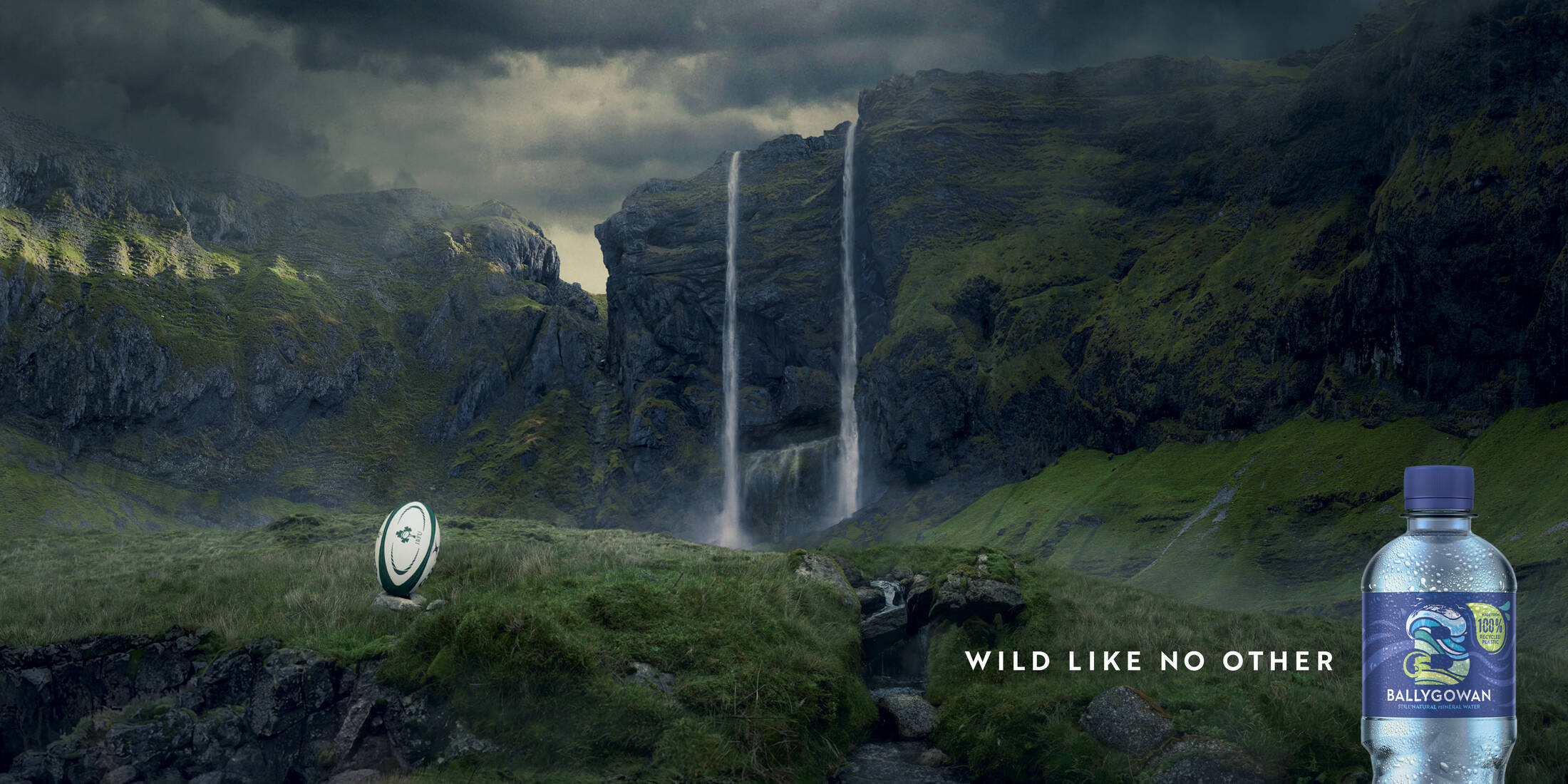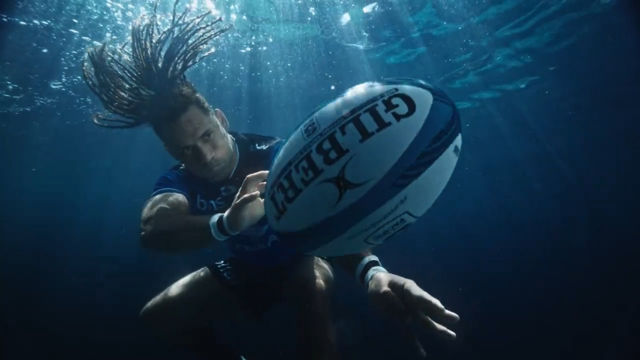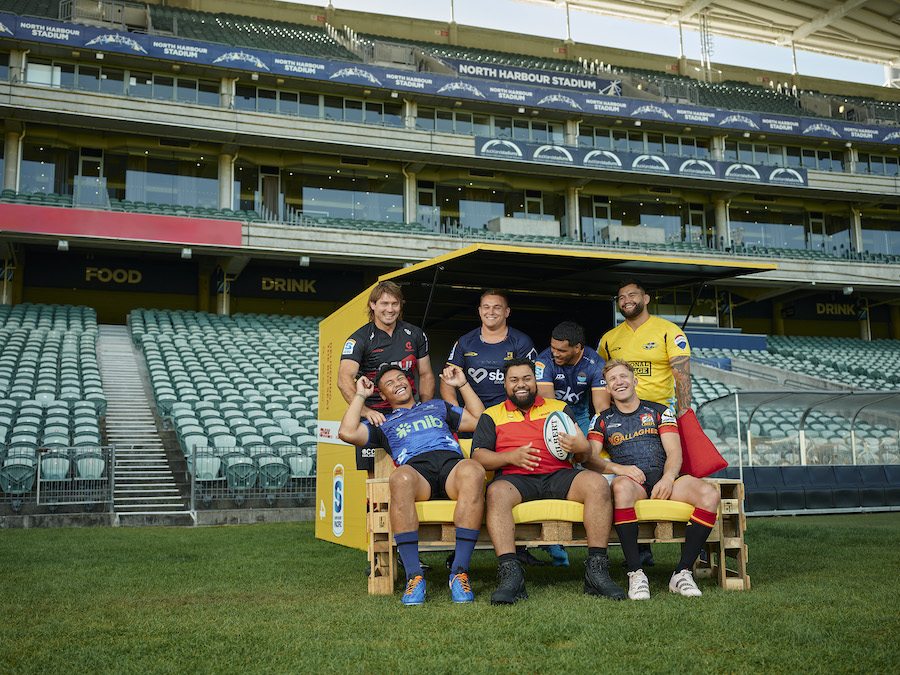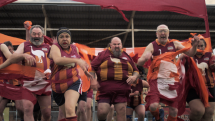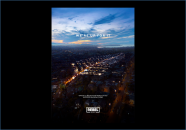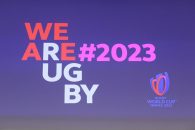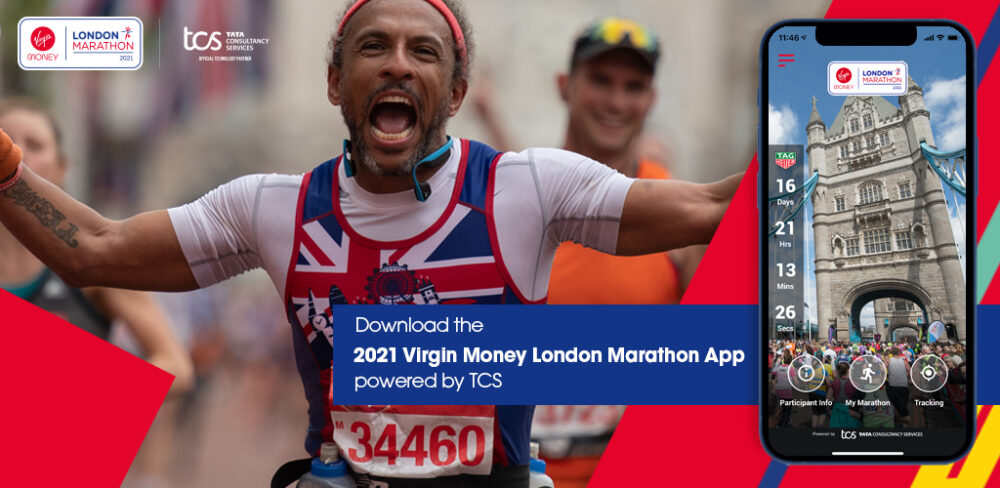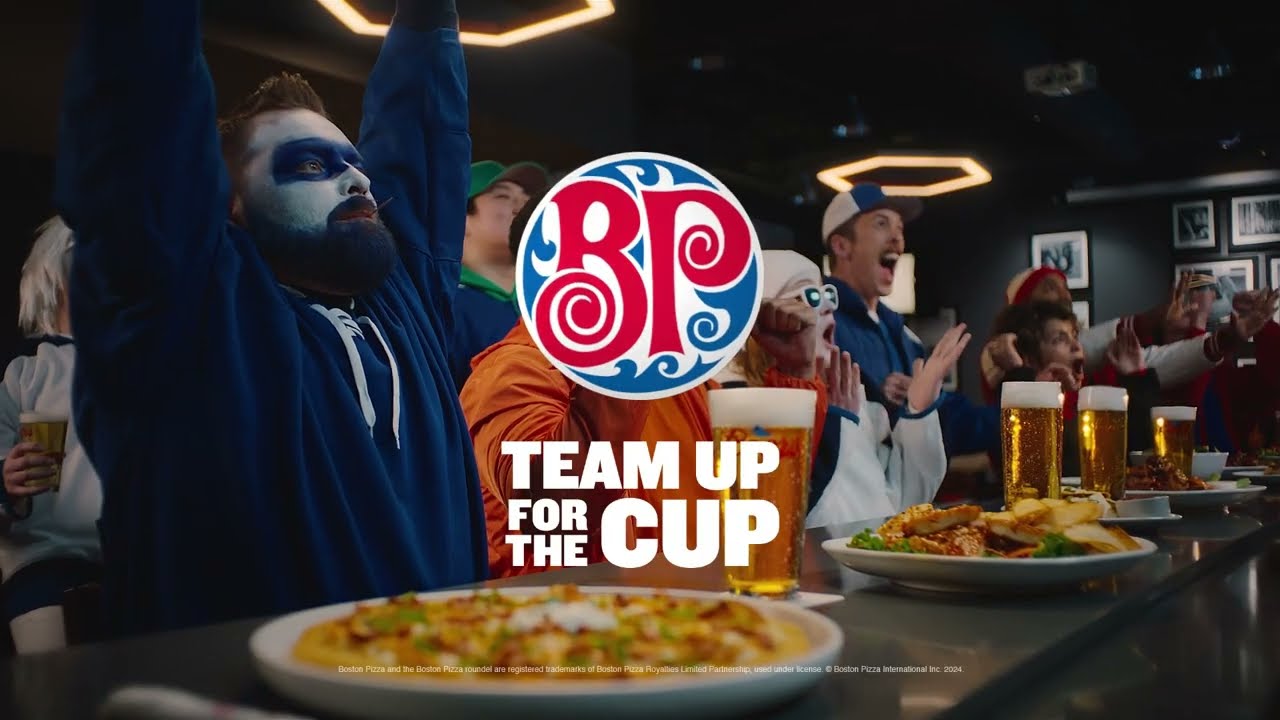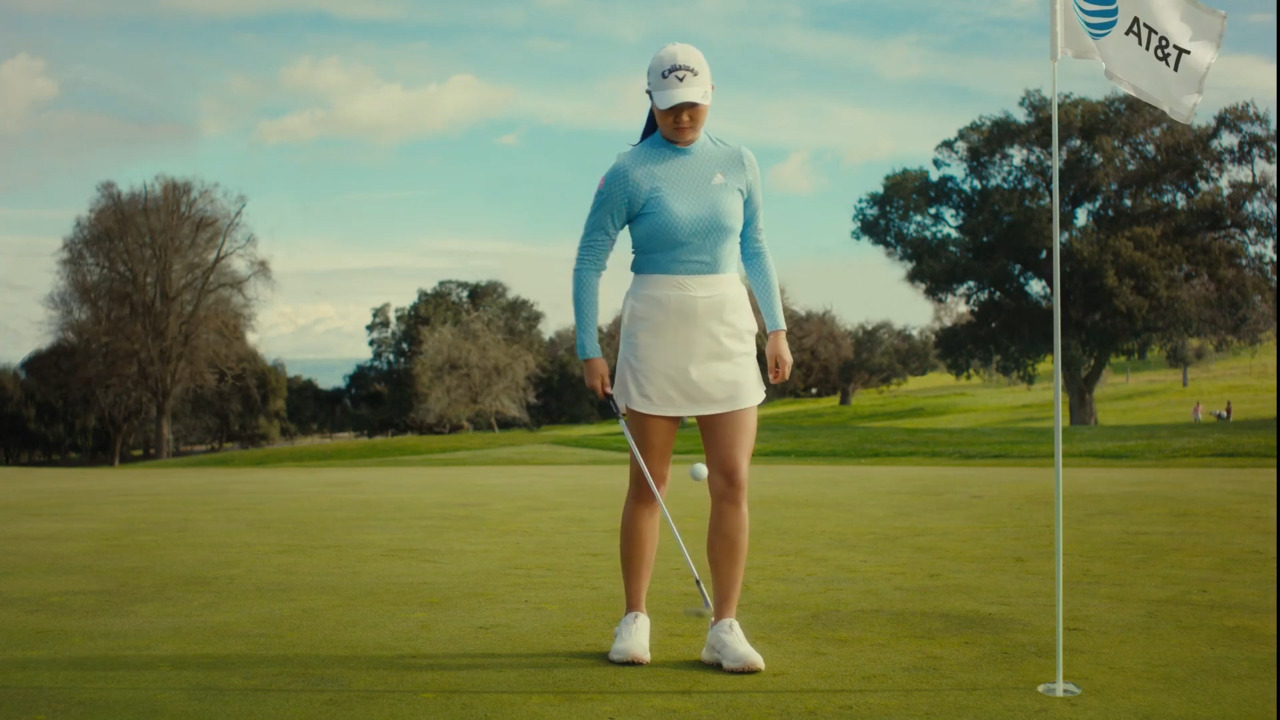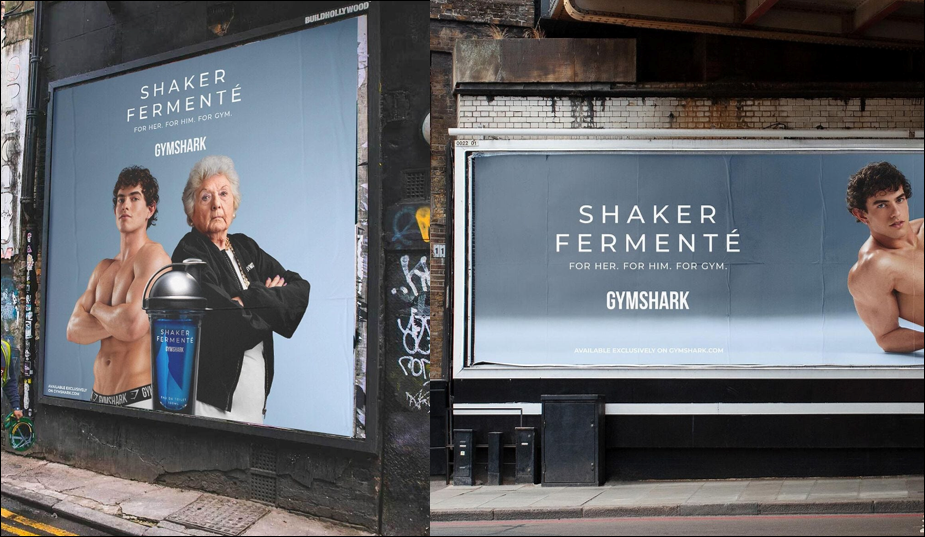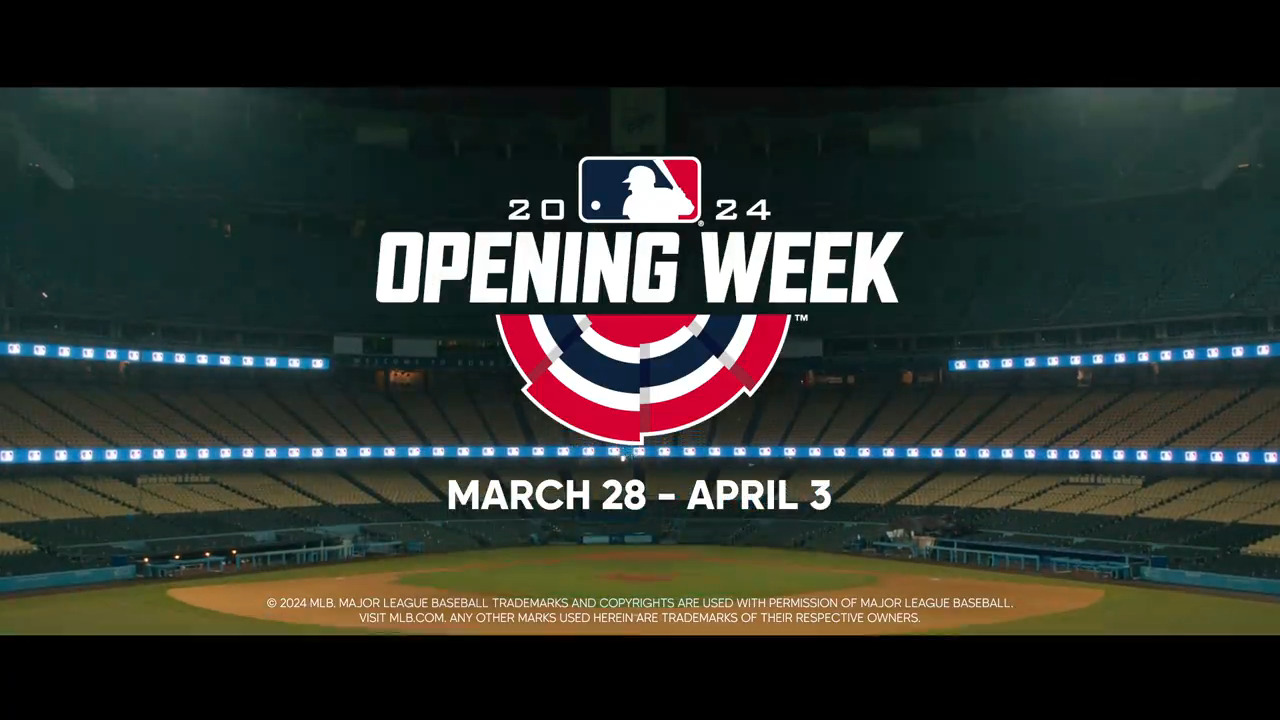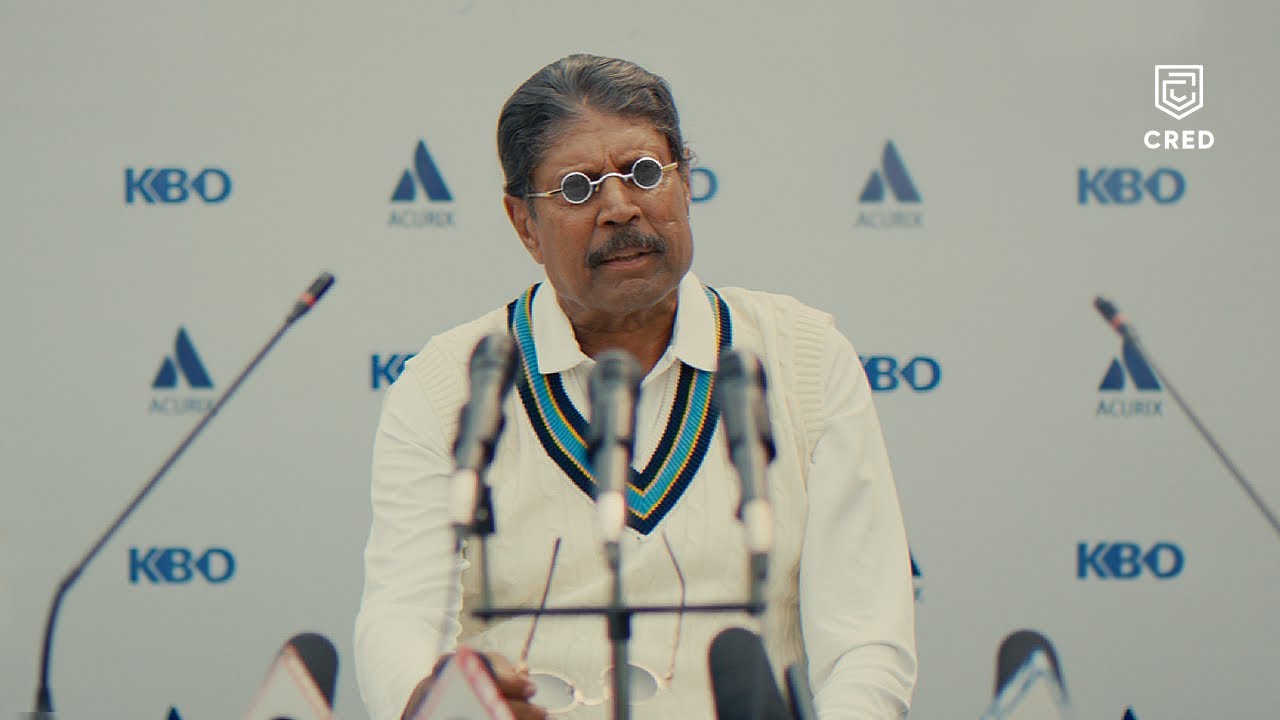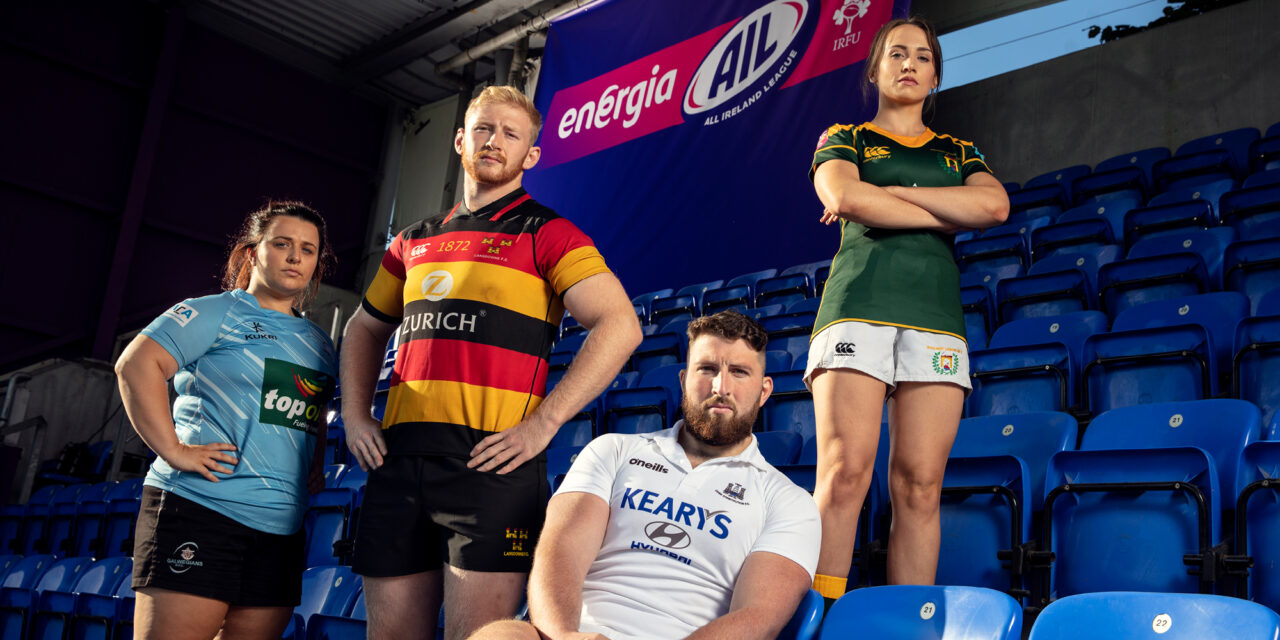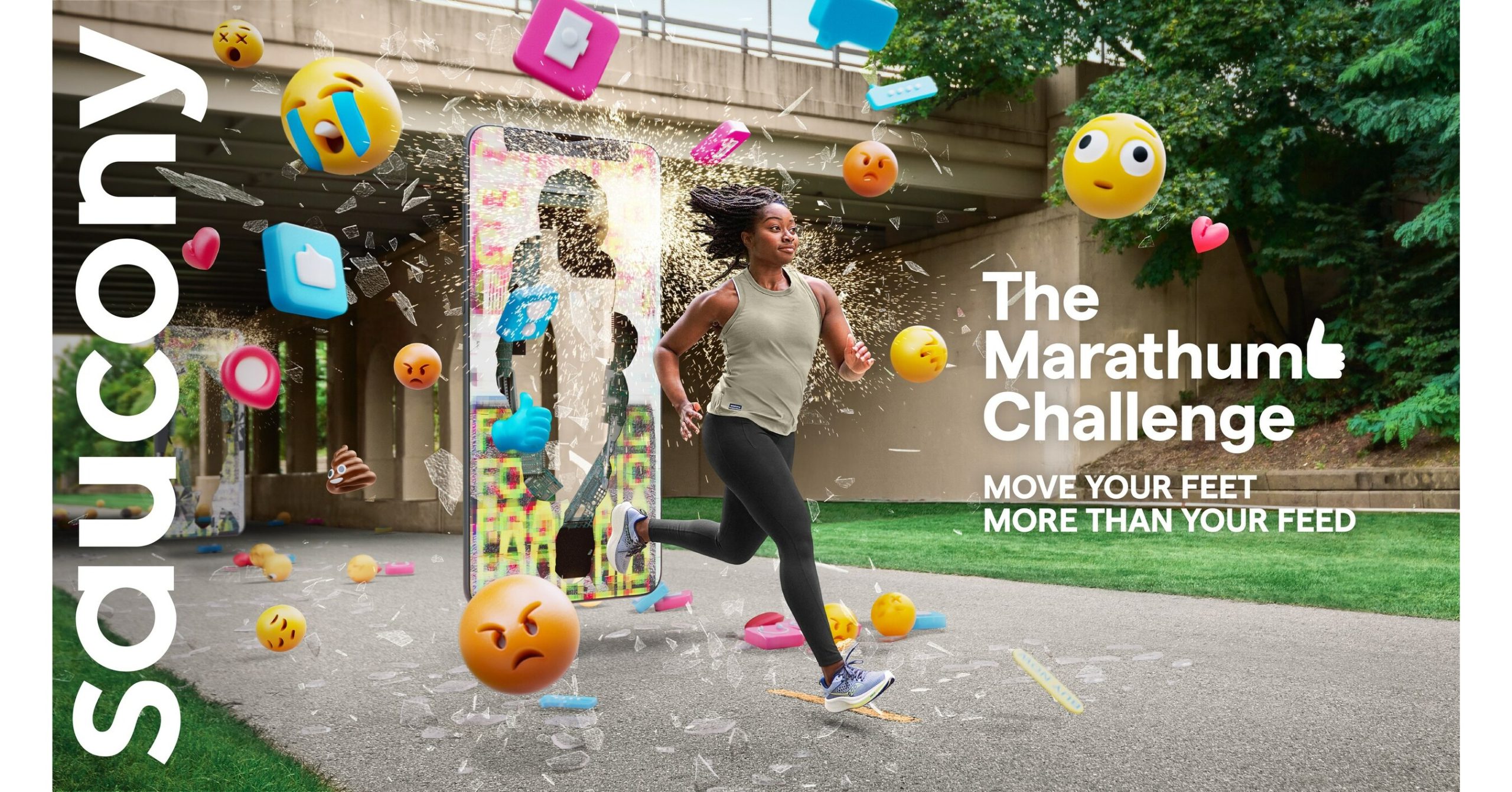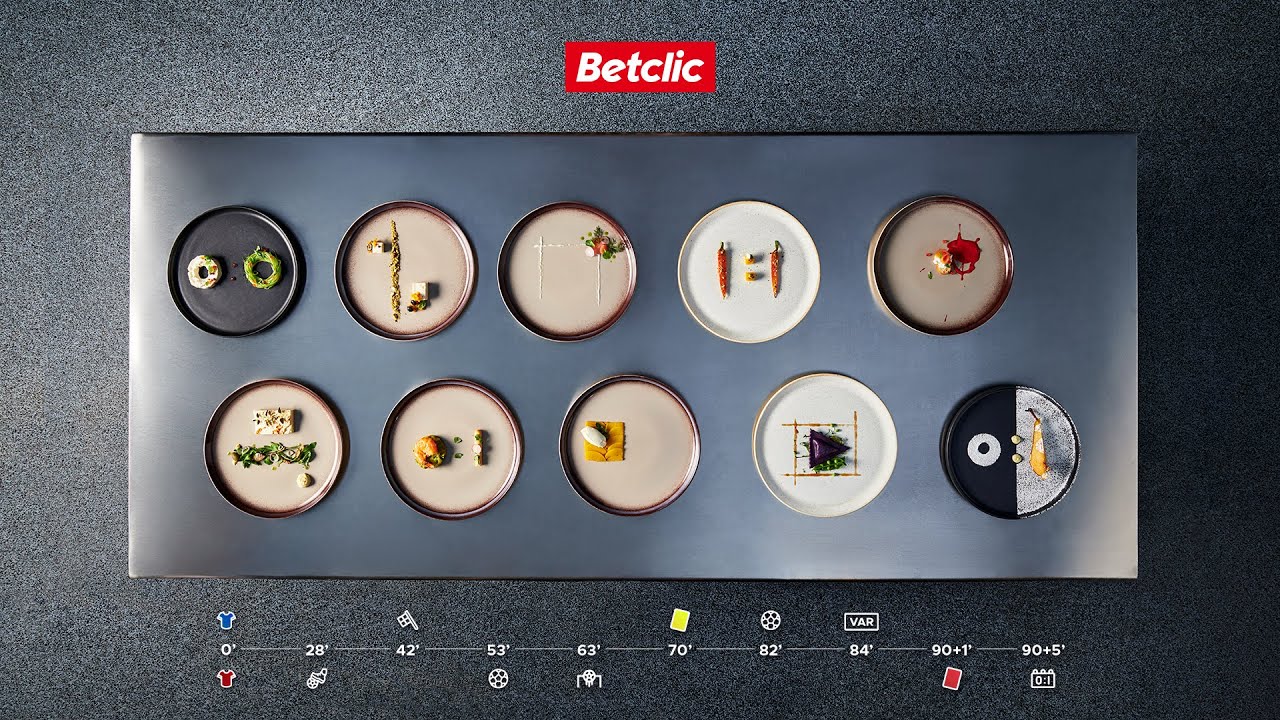After its extensive and expensive, multi-stage #WearTheRose England Rugby campaign, principle sponsor O2 has stuck by its partner and tried to bolster public support for the side after the team became the first Rugby World Cup host nation to be knocked out before the quarter-finals.
After its extensive, multi-phase tournament build-up campaign, O2 reacted to England’s 13-33 defeat to arch rival Australia on Saturday, the RWC phase of the campaign came to a flat close with a simple set of supportive O2 tweets and a committed PR statement.
These included the immediate post-game ‘Standing beside you. Always’ tweet,
Standing beside you. Always.
#WearTheRose pic.twitter.com/pgPjsfq3pe
— O2 Sports (@O2sports) October 3, 2015
several tweets and posts about ‘staying strong’ and ‘looking to the future’
Don't give up yet brother. They're young and they will come back stronger from this. Stay proud & #WearTheRose. https://t.co/lIxWIN0Abp
— O2 Sports (@O2sports) October 5, 2015
Don't stop showing your support for @Englandrugby. Pick up your FREE #WearTheRose pin badge – http://t.co/Or5D3rhOwx pic.twitter.com/rHzb7QZUQA
— O2 Sports (@O2sports) October 5, 2015
and an appeal to fans to have their ‘never stop supporting’ messages projecting on to the roof of the O2 venue.
Still be proud to #WearTheRose & shout out why you'll never give up your support. We'll put you on the @TheO2's roof. pic.twitter.com/fHbvNb7Wqb
— O2 Sports (@O2sports) October 5, 2015
A spokesman for O2 said:
‘As proud sponsor of England Rugby for 21 years, we remain committed to our partnership with RFU and the sport of rugby. We’ll stand beside the team with the same spirit that rugby is watched, played and enjoyed,’ commented an official O2 statement after the defeat.
‘We are supporters of the England Men’s XV, Women’s Team and Saxons, and with O2 Touch we have the largest grassroots rugby participation programme in the country.’
‘We’re here for the ups and the downs, this is what sport is all about. Wear the Rose will continue into 2016 and beyond.
Comment
There is no doubt that host nation (and key market) interest in the tournament will decrease significantly, TV audiences will drop, ticket prices will fall, home nation direct and indirect revenue benefits will be diminished and sponsors will suffer to varying degrees.
Of course, single team sponsors are typically more vulnerable to a side’s tournament exit than tournament sponsors who typically run global campaigns that focus more generally on the sport’s values than on one specific team.
And the host nation’s top sponsor, especially when that host is arguably the sport’s biggest single market (and thus commands the sport’s biggest rights fees), O2 is perhaps most vulnerable.
England Rugby’s top sponsor had clearly hoped to benefit from a rising tidal wave of ongoing national fervor through the tournament.
Especially after investing so heavily in a long-running ‘Wear the Rose’ campaign to encourage mainstream, mass support of the team.
Part of the power of commercial sports sponsorship is that a brand can draw and borrow emotional power from the property.
When things go well brands benefit from the fan feel good factor, but in defeat companies can suffer from either absence, disappointment, or, worse still, backlash.
The outcome shows the danger of throwing all one’s tournament marketing and creative focus on just one team (after all, the sponsorship team has known for three years that England had been drawn in the so-called Group Of Death and there was a chance of an early exit).
Other strategies could have been adopted.
For example, sportswear brand Skins’ RWC ‘My Other Team’ campaign hedges its bets by driving secondary support for multiple sides (see case study).
Other approaches include a ‘Home Nations’ strategy as adopted during the RWC by Luc0zade (see case study) or a multi-market appraoch as illustrated at this tournament by Guinness (see case study).
Inevitably cheeky Welsh fans reveled in England’s defeat and some parodied O2’s own ad campaign – mocking the #MakeThemGiants phase by showing the England team shrinking back to normal-sized players after defeat (click to view).
Of course, some may argue that this is a form of creative flattery, illustrates the success of the campaign and even continues the activation (for free).
Another saving grace for the sponsor could be the fact that the long-running #WearTheRose platform spans O2’s wider rugby activation rather than being a specific initiative just for the tournament.
Another will be that with its heavy pre-tournament emphasis, many of the campaign’s targets may already have been reached.
After all, O2 already generated five million ‘acts of support’ around ‘Wear the Rose’ (including social media shares) as well as offline campaign interactions.
O2 has been the official sponsor of the England team since 1995 (its relationship is even longer) and over all those years the mobile telecoms brand has demonstrated long-term, deep-rooted support for rugby and this blow may not be as damaging in the long run as some might fear.
Another campaign to suffer due to England’s exit is RFU sponsor Samsung’s ‘School Of Rugby’ initiative fronted by comedian Jack Whitehall – who reacted to England’s defeat by tweeting about Welsh ancestry.
I don't want to point fingers. But I was available for selection. Just saying. (*checks for any Welsh ancestors*)
— Jack Whitehall (@jackwhitehall) October 3, 2015
Leveraging both wins and losses can be tricky for sponsors and one thing the 2014 FIFA World Cup taught marketers was to be gracious in victory and defeat.
Crowing and bitterness may reflect short term local fan feeling, but activating such messages can easily go global and lead to backlash (see our Brazil 2014 FIFA World Cup Marketing & Sponsorship Review).
So sponsorship and ambush marketers should ‘act local, think global’ and adhere to Churchill’s advice: ‘In War: Resolution, In Defeat: Defiance, In Victory: Magnanimity
Oh, and, come on Wales!
Links
O2 Sport YouTube:
https://www.youtube.com/user/o2sports
O2 Sports Twitter:
@O2Sports
#WearTheRose
O2 Sports Instagram:
https://instagram.com/o2sports/
O2 Sports Google+:
https://plus.google.com/116304440606210600730/videos
O2 Priority Sports Website:
http://www.o2priority.co.uk/sports
England Rugby Website:
RFU Website:

